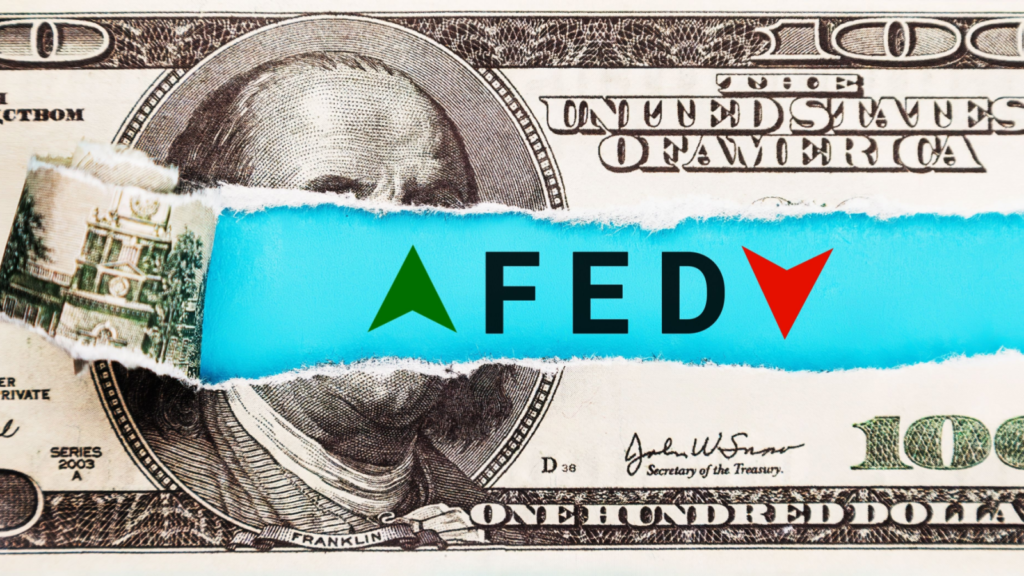This is a monthly column that runs down five interesting startup funding deals every month that may have flown under the radar. Check out our July entry here.
AI was yet again an inescapable theme this month as we looked for interesting startups that landed fresh investment. From a company using AI to help Alzheimer’s patients and their families better manage care, to another promising to streamline clothing production in the U.S. through advanced robotics, startups scooped up cash around a variety of AI-related businesses in August.
Sewing robots stitch up new funding
Atlanta-based SoftWear Automation — the company behind the Sewbot autonomous sewing robot — this month said it has raised $20 million in a Series B1 round.
Its robotic sewing machines use machine vision, AI and machine learning to produce apparel that SoftWear claims is cost-competitive with importing garments to the U.S. from low-wage countries.
The company says its robots support local production and allow garments to be made more efficiently, closer to their final destination and with less human labor. Its Sewbots also enable faster manufacturing, it says, meaning clothes are produced more in line with current fashion trends and demand.
“SoftWear Automation is helping address some of the key challenges we face across the industry — from speed and flexibility to lowering environmental impact. We’re pleased to support their development and explore how this technology can help us move forward,” said Thomas Børglum Jensen, CFO at Danish fashion company Bestseller, which led the round as a strategic investment through its Invest FWD arm.
Current investors including CTW Venture Partners, SRI Capital and MacDonald Ventures also participated in the round. SoftWear has now raised $45.6 million total, per Crunchbase data.
Startups that incorporate artificial intelligence into the fashion industry have seen strong investor interest, Crunchbase data shows, raising around $100 million globally per year. Funded companies include those working on more efficient garment manufacturing, and others that aim to help consumers more easily shop for clothing online.
Related Crunchbase query: Venture Funding To Fashion-Related AI Startups
Better advocacy for rare disease patients
A rare disease — one that affects only a small number of people relative to the general population — by definition doesn’t necessarily represent a massive addressable market for companies or health providers. But there are thousands of such diseases. Although each affects 200,000 or fewer Americans, altogether some 30 million people in the country are estimated to live with one of those conditions.
For those diagnosed with conditions such as sickle cell disease — which affects around 200,000 Americans and is most prevalent among Black and Hispanic people — accessing the care and information they need can represent a major challenge.
With that in mind, San Mateo, California-based Citizen Health this month raised a $30 million Series A. The startup aims to use a personalized “AI advocate” to help folks living with rare diseases better navigate the care and management of those conditions themselves.
The company says its platform combines AI with community and longitudinal data “to help patients interpret medical records, track symptoms, learn from peers, manage appointments, and connect to the next best step in their health journey.”
Its newest round was led by 8VC 1 , with participation from Transformation Capital and Headline. Citizen Health has raised $44 million since its December 2023 launch, per the company.
The startup aims to launch the first version of its AI Advocate tool to select communities this quarter, along with a new product for patient advocacy groups. It says it will use the new capital to expand its AI engineering and product teams.
“Today’s patients aren’t waiting — they’re searching, deciding, and expecting more,” Citizen Health CEO and co-founder Farid Vij, said in a statement. “They deserve the same clarity, personalization, and intelligence in healthcare that they get in every other part of their lives.”
Notably, Citizen Health is a relaunch of Ciitizen, the startup where Vij and co-founder Nasha Fitter met. Ciitizen had been acquired by genetic testing company Invitae in 2021, then sold off before Invitae filed for bankruptcy protection in early 2024.
Delivering better Alzheimer’s care
Of course, it’s not just people dealing with rare diseases who might struggle to navigate a complex and costly healthcare system.
An estimated 7 million Americans suffer from Alzheimer’s disease, a figure that’s only slated to grow as the population ages further. At the same time, patients wait an average of 36 months for Alzheimer’s care appointments.
New York-based startup Isaac Health sees a gap to provide better preventative care for cognitive decline. The company this month raised $10.5 million in a Flare Capital Partners-led Series A round for its platform, which offers AI screening technologies it says can help detect, diagnose and manage dementia from home.
The company says its “predictive machine learning can quickly identify patients with different cognitive and brain health conditions and pair them with a team of specialists that offers center-of-excellence level care, resulting in 73 percent of patients with improved neurocognitive function over the course of six months, and an improvement against cognitive goals in only three weeks for 92 percent of patients.”
New investors Industry Ventures and Black Opal Ventures, as well as investors Meridian Street Capital, B Capital and Primetime Partners, participated in the round for Isaac Health, which says it has raised $16.3 million to date.
Overall, startups working on both healthcare and AI-related technologies attract strong investor interest, Crunchbase data shows, raising $5 billion globally last year, the highest total since 2021. Through the first half of 2025, such companies raised around $3.9 billion, a slight uptick compared to H1 2024.
Related Crunchbase query: Venture Funding To Health And AI Startups
Slashing vendor costs
“Sorry, our AI says your product is too expensive.”
That might just be the conversation many businesses are having soon with their vendors, as companies increasingly turn to AI tools to help them track, manage and even renegotiate expenses and contracts.
Providing those tools is New York-based Infinity Loop, which this month raised a $5 million seed round for its AI-powered vendor contract management platform.
The company says its platform is designed to replace the methods many enterprise teams use to manage their vendor spend — legacy tools such as spreadsheets and outside consultants — with AI-powered tools that “grade existing and proposed contracts, flag underperforming terms, and recommend specific, data-backed negotiation strategies tailored to each vendor and deal.”
Every company using its platform has seen at least 12% in annual savings, according to Infinity Loop.
The company’s seed round was led by Glasswing Ventures and TIA Ventures, with participation from Plug and Play, Restive and unnamed angel investors.
Related Crunchbase query: Rounds Raised By Startups Using AI
Using AI to sniff out fraud
Handling credit card and banking disputes is an increasingly costly part of doing business for banks and credit card companies.
To help tackle the problem, New York-based Casap this month closed a $25 million Series A that brings its total funding to $33.6 million, per Crunchbase. The round was led by Emergence Capital, with participation from Lightspeed Venture Partners, Primary Venture Partners, SoFi and others.
Notably, Casap’s customers are the financial institutions themselves, and its product aims to eliminate what’s known in the industry as “first-party fraud” — that is, when a bank or credit card company’s own customers fraudulently dispute legitimate transactions.
Casap said its AI‑powered platform manages the entire dispute process — from intake to chargeback filing to customer communication — which can otherwise take as long as three months.
Its AI agents evaluate evidence, forecast outcomes and automate steps such as issuing credits or responding to merchants. The company says it also has a proprietary fraud‑scoring engine that flags sketchy activity before it becomes a problem.
“Disputes are one of the most broken and expensive workflows in financial services. What should be a simple resolution often turns into a slow, manual process — frustrating consumers, overloading teams, and bleeding revenue along the way,” Casap CEO and co-founder Shanthi Shanmugam wrote in a blog post announcing the funding.
The company says its Series A is the largest investment for a startup catering to the issuer — rather than the consumer — side of the business. With the fresh capital, it plans to grow its engineering, GTM and product teams.
Startups at the intersection of financial services and AI raised about $2 billion in venture funding in each of the past two years, Crunchbase data shows. Through the first half of 2025, such startups raised about $1.4 billion, up notably compared to the $907 million raised in H1 2024.
Related Crunchbase query: Venture Funding To Financial Services And AI Startups
Related reading:
Illustration: Dom Guzman
Stay up to date with recent funding rounds, acquisitions, and more with the
Crunchbase Daily.








